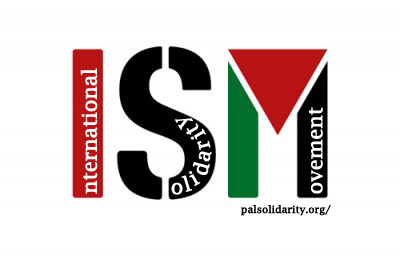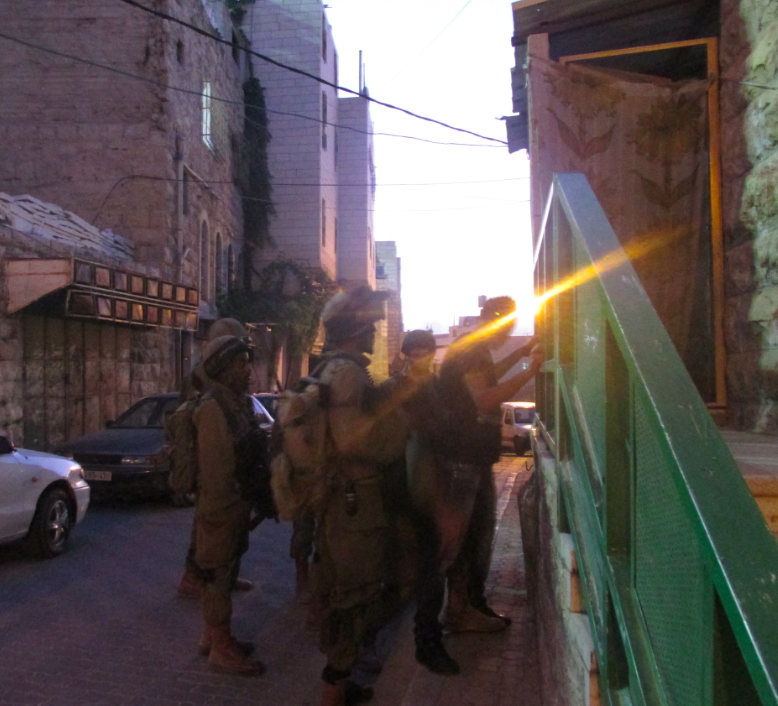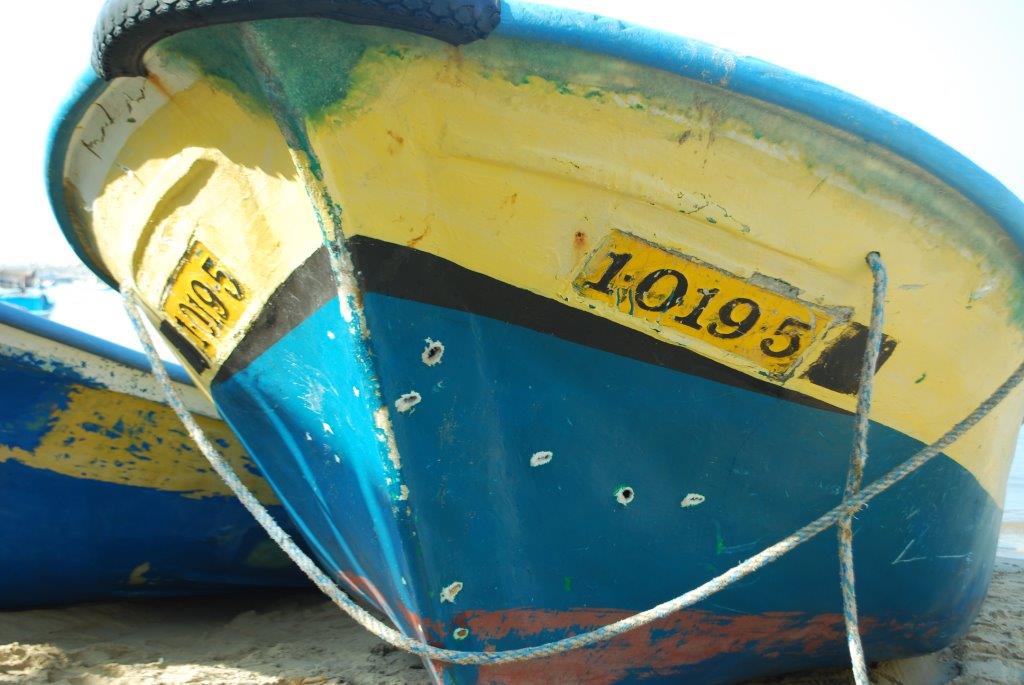Tag: Collective punishment
-
Call to action: join ISM in Palestine
27th June 2014 | International Solidarity Movement | Occupied Palestine In the last two weeks, the Israeli military has arrested over 566 Palestinians in the West Bank, they have stormed homes, invaded cities, and murdered seven Palestinians. ISM is sending an urgent call for volunteers to join us in Palestine. Check the join us section of our website or email ISM…
-
Collective punishment in Palestine
22nd June 2014 | International Solidarity Movement| Occupied Palestine On Thursday 12th of this month, three settler youth disappeared while hitchhiking in the Hebron area of the West Bank. No Palestinian group or organisation has taken responsibility for the disappearance. 15-year-old Mohammad Dudeen was murdered in the early hours of Friday morning (20th) after he was…
-
Israel’s attacks on Palestinian fishermen in Gaza flout international conventions
7th January 2014 | International Solidarity Movement, Charlie Andreasson | Gaza, Occupied Palestine On Saturday, 4th January, the Israeli navby shot at five fishermen and their boat, a hasaka, three nautical miles from the shore of Gaza, well within the highly-restricted part of Palestine waters in which the occupation forces officially allow them to fish.…



